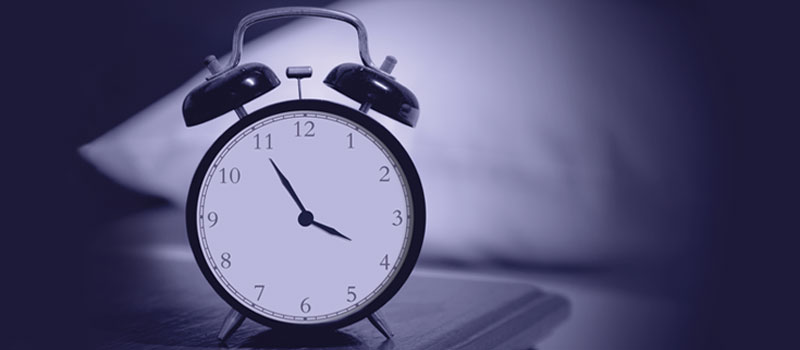What is nocturia?
Nocturia, or nocturnal polyuria, is the clinical name for excessive urination at night.
If you’re constantly waking up two or more times per night to urinate, you may have nocturia. This is because during sleep, the body produces less and more concentrated urine, meaning that most people don’t need to urinate during the night, and can sleep uninterrupted for 6 to 8 hours.
So, frequent urination at night is not only disruptive to your sleep, but like many urological diseases, can also be the sign of an underlying medical issue.
Causes
Although nocturia is more common among older adults, it can happen at any age. Its main causes are lifestyle choices and medical conditions such as a urinary tract infection (UTI) or bladder infection which can cause frequent burning sensations and urgent urination throughout the day and night.
Other medical conditions that can cause nocturia include
Infection or enlargement of the prostate
overactive bladder (OAB)
tumors of the bladder, prostate, or pelvic area
diabetes
kidney infection
Pregnancy; as the growing womb presses against the bladder.
Excessive fluid consumption especially alcohol and caffeinated beverages which are diuretics and cause your body to produce more urine.
How it’s diagnosed
Diagnosing the cause of nocturia can sometime be difficult, you may have to undergo a series of undergo tests such as:
blood sugar test to check for diabetes
urinalysis, urine culture, fluid deprivation test, imaging tests, and urological tests like cystoscopy.
Your doctor will also need to ask a variety of questions such as:
When did the nocturia start?
How many times per night do you have to urinate?
Are you urinating less than you did before?
Have you wet the bed?
Does anything make the problem worse?
Do you have any other symptoms?
What medications are you taking?
Do you have a family history of bladder problems or diabetes?
Treatments
If you’ve lost the ability to urinate, or can no longer control your urination, see your doctor immediately.
Often times, your nocturia maybe a side effect caused by a medication you’re taking, if that’s the case, then taking the medication earlier in the day might help.
Other common treatments for nocturia include medications, such as:
anticholinergic drugs, which help lessen the symptoms of an overactive bladder
desmopressin, which causes your kidneys to produce less urine at night
However, nocturia may be a symptom of a more serious condition, such as diabetes or UTI that could worsen or spread if left untreated.
Prevention
Reducing the amount of water, you drink 2 to 4 hours before going to bed is helping in reducing frequent urination at night.
Avoid alcoholic and caffeinated drinks before you go to bed.
Practice Kegel exercises and pelvic floor physical therapy to help strengthen your pelvic muscles and improve bladder control.
Pay attention to the things that worsen your symptoms and adjust your habits accordingly. You may find it helpful to keep a diary of what you drink and when.
Because nocturia affects your sleep cycle, it can lead to sleep deprivation, fatigue, drowsiness, and mood changes if not treated. As one of the best urologists in Dubai, we’ll be happy to discuss lifestyle changes and treatment options that can be helpful to you. Contact us today.

